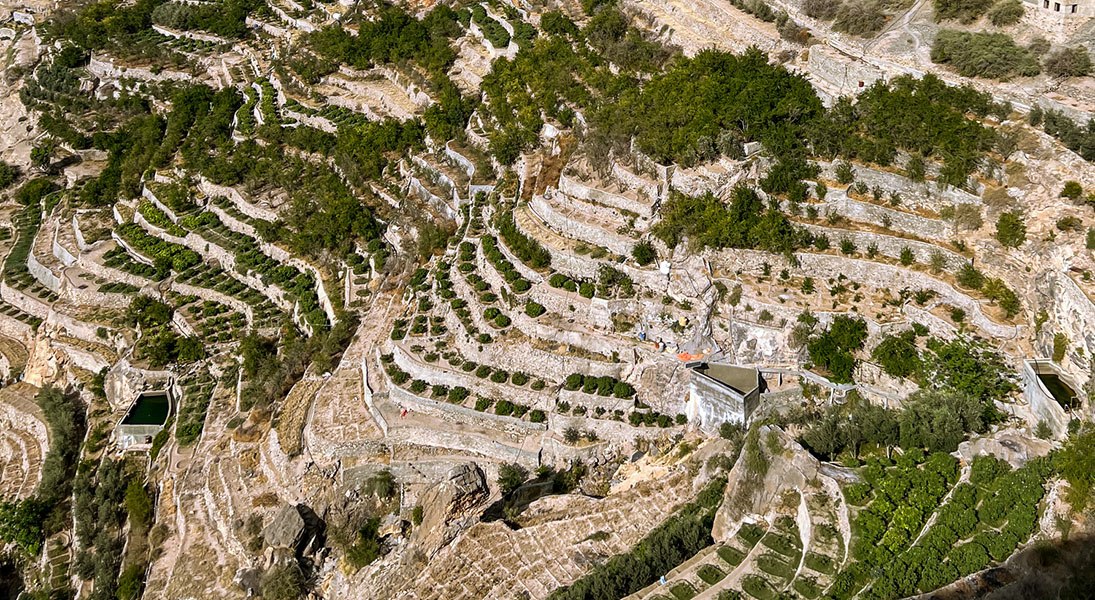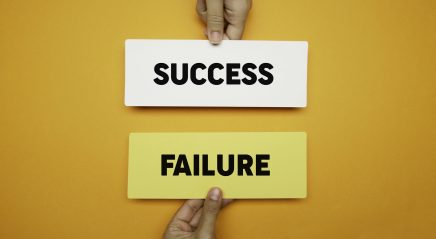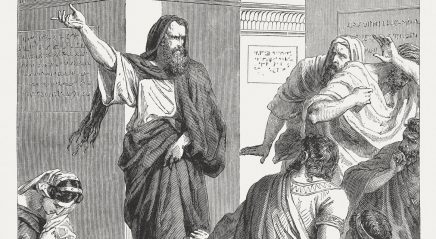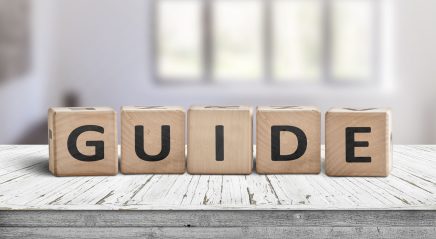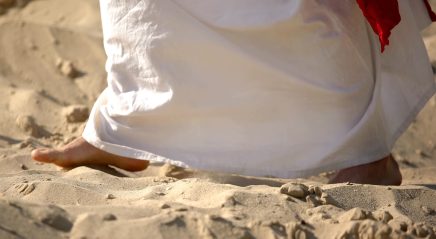Lectionary for July 16, 2023
Seventh Sunday after Pentecost
Isaiah 55:10-13; Psalm 65:9-13;
Romans 8:1-11; Matthew 13:1-9, 18-23
I say this every year when this Gospel passage comes around: Do not give up hope because you are a seed in the wrong place! When I was growing up, I hated the parable of the sower. If I’m a seed that doesn’t grow up well because the sower cast me among rocks or weeds or on the path, isn’t that the fault of the sower, not the seed?
I grew up charismatic Methodist with youth group leaders who wanted us to make high-pressure decisions to “get saved.” This passage was specifically used to influence us to make sure that we weren’t stuck on the path or tangled up in the rocks or the weeds and, therefore, going to hell. I don’t think that’s the meaning of this passage at all.
Jesus tells the parable of the sower to caution people about what is possible out in the world. We can be too busy or too focused on other things to study and understand the word of God that is sown among us, and then the chance is gone. That is like seed sown along the path. We can receive God’s word with joy but have no mature rootedness in faith, so the word is squandered. That is like seed sown in rocky places. We can receive the word, but cares and the deceitfulness of wealth can prevent it from becoming fruitful among us. That is the seed sown among thorns. Or we can receive the word, take time to hear and understand it, and it will produce good fruit for the kingdom of heaven. This is the seed sown among the good soil.
Most of the seeds usually gravitated toward and took root in the deeper soil near the edge of the terrace ledge. Water from rain or irrigation or the breezes that hit the sides of the terraced hills took the seeds where they needed to go.
Missing in this parable—because it would not have been needed to be made explicit for Jesus’ audience—is how a sower, broadcasting seed by hand, would throw seed on the path, among the rocks, among the weeds and onto the good soil with the same throw. In the rolling hills of Galilee and among the Judean highlands, thin terraces would have path, rocks, weeds and soil all within a few feet of each other. When I worked on farms in southern Israel and took trips up north, I was always stunned by the efficiency of the terraced farms.
While it could easily be the case in a terraced farm that seeds could end up in the different places that Jesus described, there is one crucial bit of information missing—water and wind move the seeds. In the farms I worked, most of the seeds usually gravitated toward and took root in the deeper soil near the edge of the terrace ledge. Water from rain or irrigation or the breezes that hit the sides of the terraced hills took the seeds where they needed to go.
Hear the good news: God is the sower, but God also supplies the living water and the breath of the Spirit to carry us right where we need to be to grow. God doesn’t cast us out and leave us to our own devices, saying, “Better luck next time!” On the contrary, God uses water and breath/wind repeatedly to move us to where we need to be without us even knowing the way. That’s what grace is all about.
I particularly appreciate the lectionary committee joining this lesson from Matthew with the words from Isaiah 55:
For as the rain and the snow come down from heaven,
and do not return there until they have watered the earth,
making it bring forth and sprout,
giving seed to the sower and bread to the eater,
so shall my word be that goes out from my mouth;
it shall not return to me empty,
but it shall accomplish that which I purpose,
and succeed in the thing for which I sent it (10-11).
Just as the water moves the seeds, helps them sink into good soil, encourages them to germinate, nourishes them and provides moisture for their fruit, so the word of God moves, encourages and nourishes us.
Make no mistake, Jesus is describing hangups that can plague us all from time to time and prevent us from growing into maturity. But we aren’t stuck where we land. The Living Water and Moving Spirit wish to bring us to good, fertile soil to help us grow. We need only let go and enjoy the ride.



